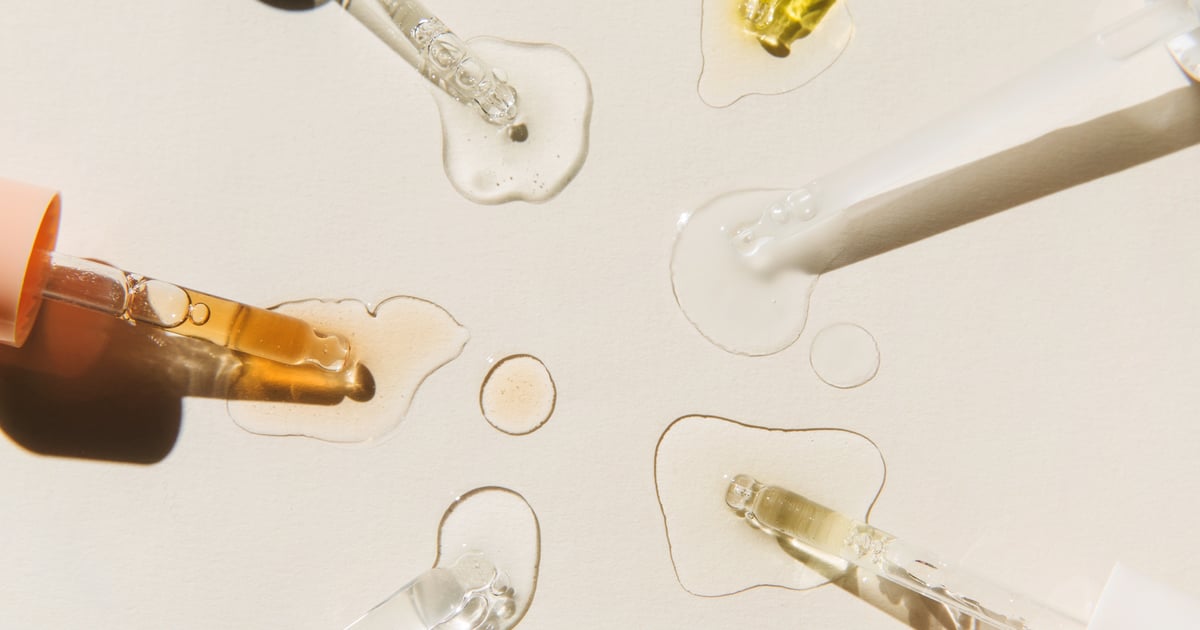As POPSUGAR editors, we independently select and write about stuff we love and think you’ll like too. If you buy a product we have recommended, we may receive affiliate commission, which in turn supports our work.
For many people in the skin-care world, retinol is considered liquid gold. The ingredient is touted by dermatologists and skin experts alike for its unmatched ability to boost cell turnover, which works like magic to fade hyperpigmentation and dark spots, clear up acne, and smooth out fine lines with continued use. Oh, and that’s not all retinol can do: it can also improve skin’s elasticity, exfoliate, prevent and fade sun damage, and even out one’s skin tone.
Sound too good to be true? We know, but we can assure you it’s not. Here, with the help of skin-care experts, we’re breaking down everything you need to know about the ingredient retinol so you can figure out how best to use it, and which products might be the best for you.
What is Retinol?
So, first thing’s first: what is retinol? Simply put, retinol is the purest form of vitamin A. A little less simply put, it falls within a category of over 2,500 different chemicals called retinoids. The reason these forms of vitamin A are so effective is because when they’re applied to skin, retinoids are converted into retinoic acid. Our skin loves retinoic acid because it communicates well with our cells, improving the way they form and mature.
The key to finding a powerful retinol boils down to how well it converts to retinoic acid once it hits your skin, and there are two routes you can take when it comes to incorporating this skin-care ingredient into your regimen. It can be purchased over the counter or prescribed by a doctor.
OTC Retinol vs. Prescription: Which is Better?
The main difference between over-the-counter and prescription retinol is the concentration of ingredients. This affects its ability to convert to that wonderful retinoic acid our skin is so receptive to. Cosmetic and procedural dermatologist, Jody Comstock, MD, advises you to consider three things when choosing between medical grade and OTC: the timeline you have in mind for desired results, your skin’s sensitivity, and how much you want to spend.
Since prescription retinol is more intense, it can cause skin to become red and flaky. If you don’t mind that, it will give you quicker results than over-the-counter products. The downside is that this form is much more expensive if your insurance doesn’t cover it.

